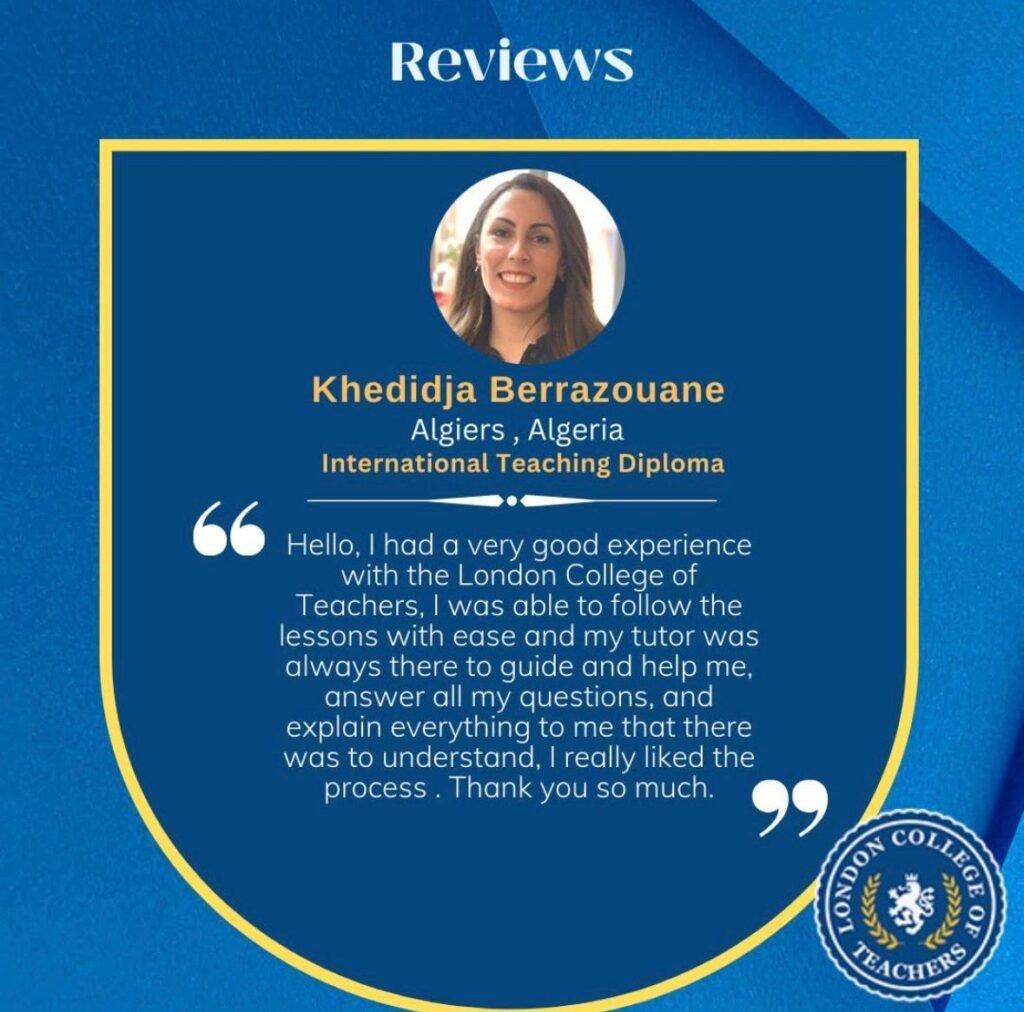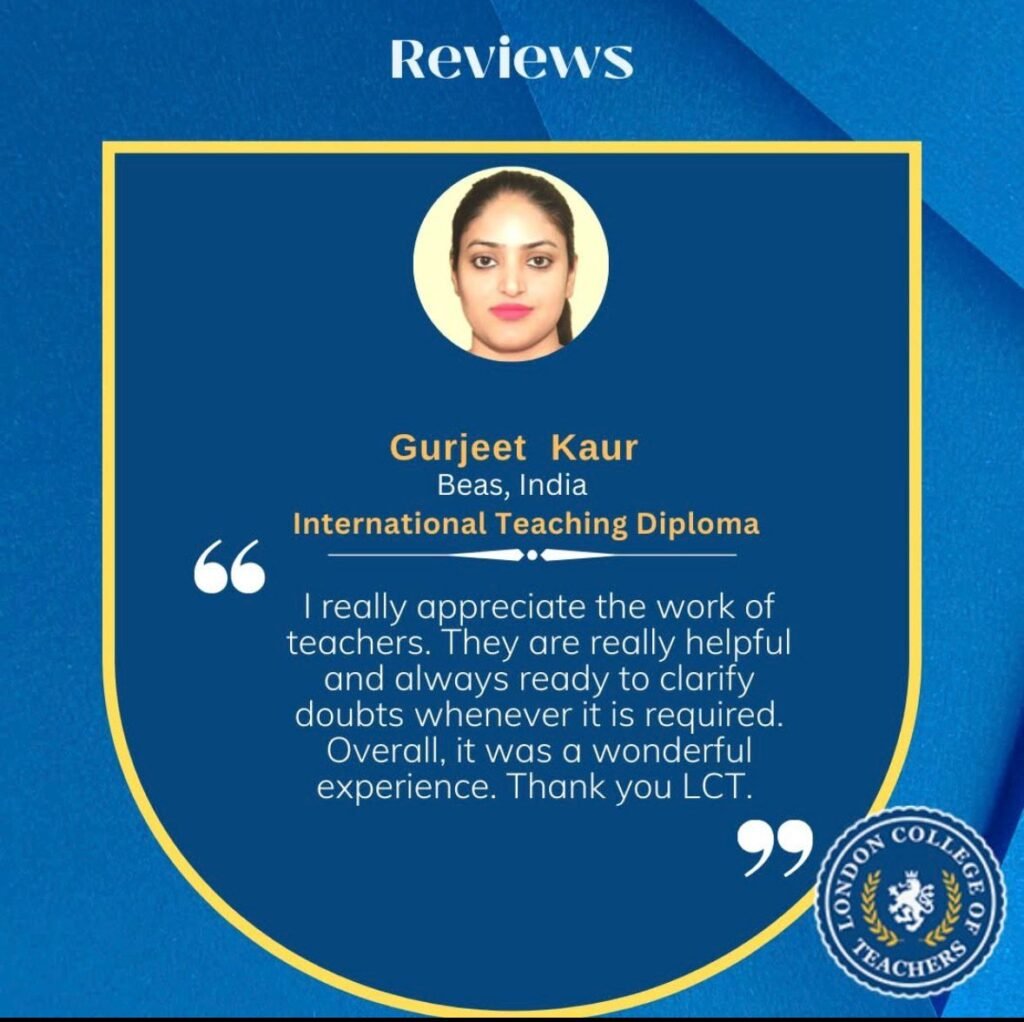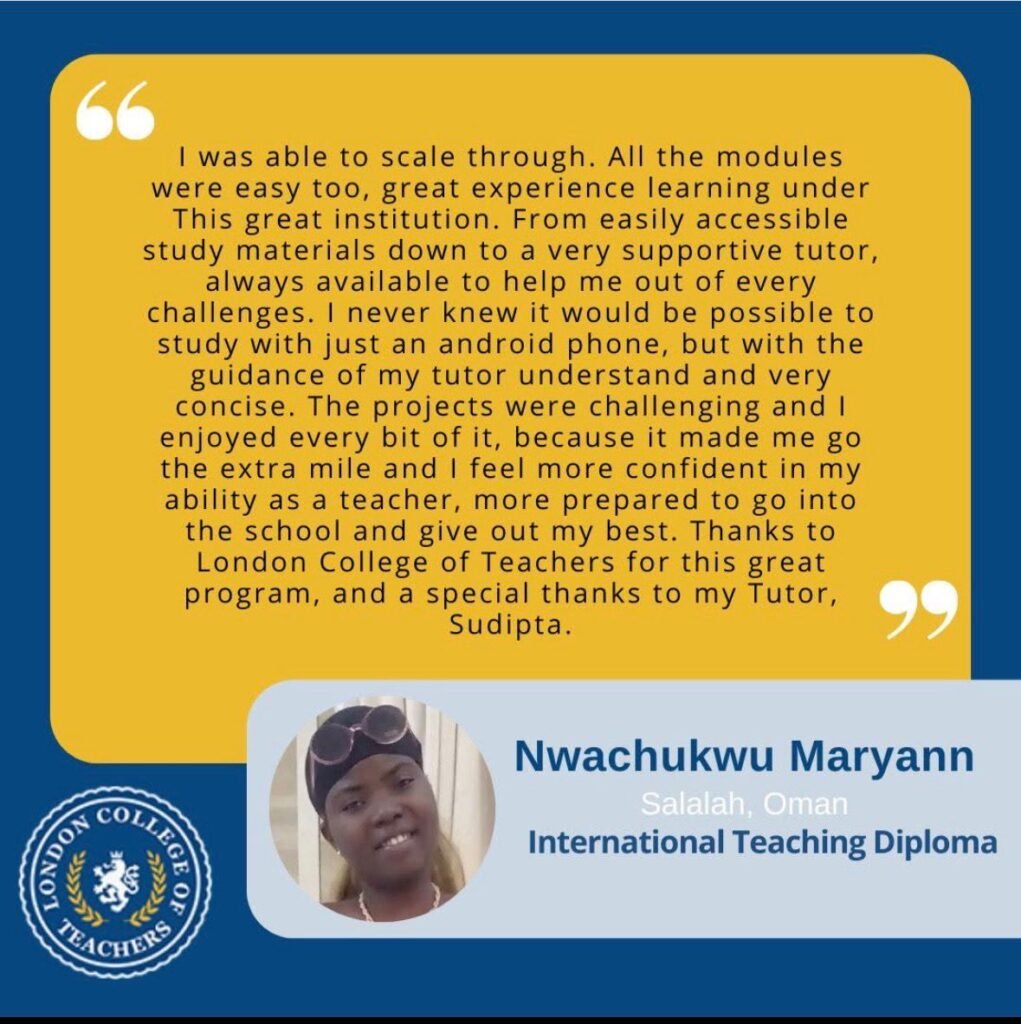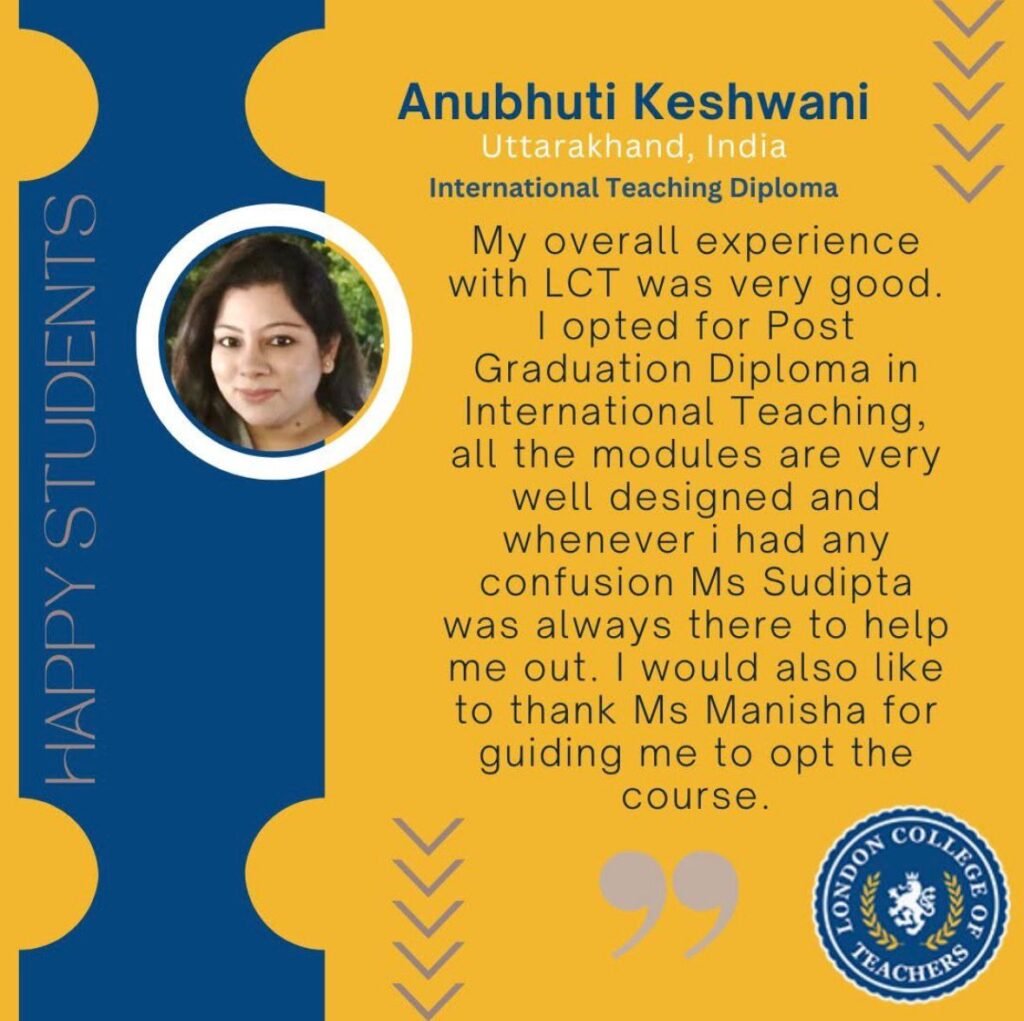How to Become an International Teacher: Step by Step Guide
Dreaming of teaching in international schools or working abroad as a teacher? Becoming an international teacher in India is a fantastic way to build a global career in education. It allows you to work with diverse students, follow international curricula, and gain worldwide recognition as an educator.
With globalization and the growing demand for quality education, international schools in India are expanding rapidly, creating huge opportunities for teachers who are skilled, certified, and passionate. This article will guide you through the step-by-step path to becoming an international teacher in India and explain what qualifications, skills, and certifications you need to succeed.
Why Choose a Career as an International Teacher?
Working as an international teacher offers several benefits:
- Global Exposure: Teach students from different countries and cultural backgrounds.
- Higher Salary Packages: International schools often offer better pay and perks compared to local schools.
- Professional Growth: Learn modern teaching methodologies and global curriculum frameworks like IB, Cambridge, or IGCSE.
- Travel Opportunities: Many teachers eventually work abroad, taking their careers international.
According to a report by ISC Research, India has over 800 international schools and is one of the fastest-growing markets for international education.

Step-by-Step Guide to Becoming an International Teacher in India
Complete Your Basic Education
To start your teaching journey, you must have:
- 10+2 from a recognized board (minimum requirement for diploma courses).
- Bachelor’s degree (mandatory for international school teaching roles).

Enroll in a Teacher Training Program
International schools prefer teachers with professional teacher training certifications that meet global teaching standards. Programs to consider:
- International Teaching Diploma (ITD)
- TESOL/TEFL Certification (for teaching English abroad)
- Diploma in Early Childhood Care & Education (ECCE)
- Montessori Training
You can explore professional programs offered by London College of Teachers, which specialize in preparing teachers for international school careers with globally recognized certifications.

Learn International Curriculum
Familiarize yourself with international teaching frameworks such as:
- IB (International Baccalaureate)
- Cambridge Assessment International Education
- American/UK Curriculum
- Montessori or Reggio Emilia Approach
This will help you understand lesson planning, assessments, and classroom strategies used in global schools.
Gain Practical Experience
Hands-on experience is essential. Look for:
- Internships in international schools
- Classroom observation opportunities
- Teaching practice sessions included in your training
Get Certified and Build a Professional Profile
Upon completing your training, you’ll receive a recognized certificate that qualifies you for international teaching roles. Build a professional resume highlighting:
- Your teaching certification
- Curriculum expertise
- Classroom management and student engagement skills

Apply for International School Jobs
Start applying to international schools in India through job portals, networking events, and directly via school websites. You can also connect with educational recruiters who specialize in global teacher placements.
Skills Required to Become an International Teacher
To excel, you need more than just qualifications. You should have:
- Strong Communication Skills – English fluency is essential.
- Cultural Sensitivity – Ability to teach students from diverse backgrounds.
- Creativity & Adaptability – Use innovative teaching methods.
- Classroom Management Skills – Create a positive learning environment.
- Tech-Savviness – Comfortable with digital learning tools and platforms.
Career Opportunities After Becoming an International Teacher
After becoming certified, you can explore various roles such as:
- IB or Cambridge Teacher
- International Preschool Teacher
- ESL Teacher (English as a Second Language)
- Global Curriculum Coordinator
- International School Administrator
You may also choose to work abroad, as many international schools worldwide recognize certifications from London College of Teachers.
Benefits of Becoming an International Teacher
- Competitive Salary Packages with additional perks like accommodation and travel allowance.
- Professional Development Opportunities through global workshops and conferences.
- Work-Life Balance with supportive school environments.
- Networking with Educators Worldwide, boosting your career prospects.
FAQs on Becoming an International Teacher in India
Q1. What qualification is required to become an international teacher?
You typically need a Bachelor’s degree and a recognized teacher training diploma like ITD or TEFL/TESOL certification.
Q2. Do I need to know IB or Cambridge curriculum to teach internationally?
It is not mandatory, but having training or knowledge of international curricula gives you a competitive edge in job applications.
Q3. Can I complete teacher training online?
Yes! Many reputed institutions offer online and blended teacher training courses, making it convenient for working professionals.
Q4. How much can an international teacher earn?
Salaries vary by school and experience, but international school teachers can earn a substantial salary, which increases with experience and qualifications.
Q5. Can I get placed abroad after completing the training?
Yes, many teacher training institutes provide placement assistance for jobs in international schools, depending on your certification and skill set.
Final Thoughts
Becoming an international teacher is more than a career choice—it’s a life-changing opportunity to inspire students worldwide. By following the steps outlined here, you can equip yourself with the right skills, knowledge, and certification to excel in global education.
Call to Action
Ready to Start Your International Teaching Career?
Get trained with globally recognized programs at London College of Teachers and take the first step toward becoming a successful international teacher.